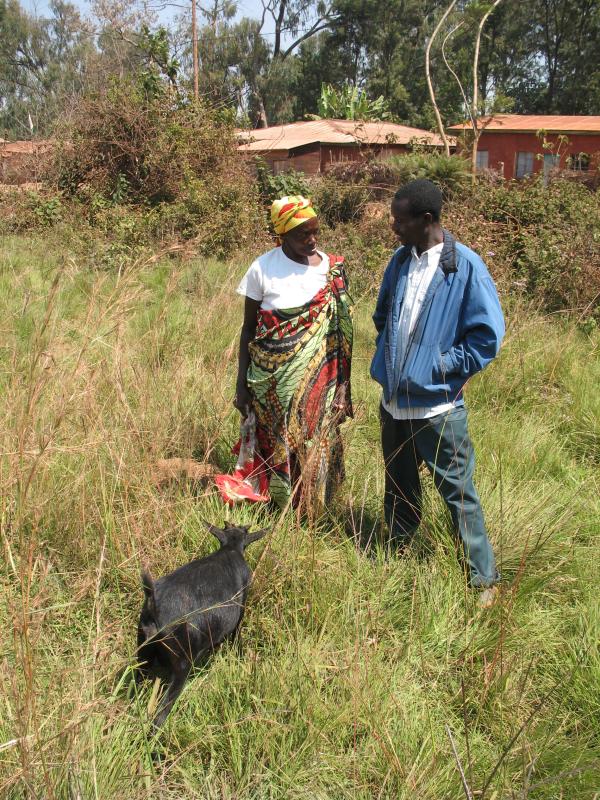Thu 1 Nov 2012
Support Peaceful Elections in Kenya
Posted by andrewdasein under All Quiet on the Quaker Front
No Comments
While elections in the US are about to take place, on which an approximate $6 billion will have been spent, Kenya is also preparing for very important elections (and consider that the entire economy of Kenya could be run for two months on $6 billion). While I appreciate that people are willing to give to support the party they believe in, the chance that all but the most powerful donors to make a difference in a campaign that is already awash with cash is infintesimal. Dollar for dollar, a much greater impact could be made by supporting grassroots efforts by Kenyans to promote peaceful elections. To that end, I have been helping to create a website to let people know a Peaceful Prevention project led by Friends Peace Teams/AGLI to empower volunteers to act as citizen reporters and to monitor the elections. Please see: kenyanelections2013.org.
This summer I traveled to Western Kenya to work with the facilitators who are already training volunteers in many parts of Kenya, in particular in the Rift Valley where there was significant violence following the 2007 election.
While the elections are still many months away, tensions are already rising due to a number of election- or politics-related incidents, including most recently the murder of a politician in Kisumu that led to protests that killed 3 additional citizens. The aim of the project is to have 1,000 citizens reporting on, responding to, and preventing incidents in their area. Already citizens involved in the project have been active in helping to resolve a dispute in the Mt Elgon area that threatened to lead to greater violence. As in past elections in the region, AGLI will also be supporting a team of national, regional African, and international observers to oversee the formal election process. Towards this end, we are hoping to raise $15,000 to cover the basic costs of transportation, etc. to allow these Kenyans to engage in work that they deeply believe in, as I saw first hand when I was there in July.
Please consider donating and also passing on the website to others who might be interested. In addition to regular updates about the election process, in the upper right you will see that we have made it possible for Kenyans to update the website directly through twitter, so it will hopefully be a lively source of information about the elections. The Kenyans I worked with were willing to dedicate their time and risk their personal safety to try to promote peaceful elections, those of us outside Kenya can help them do it. kenyanelections2013.org

.png)



















